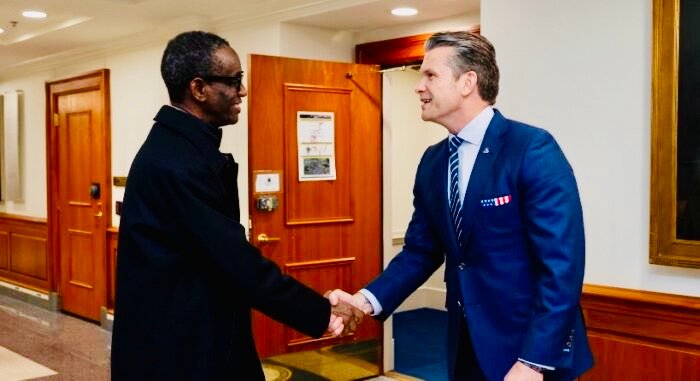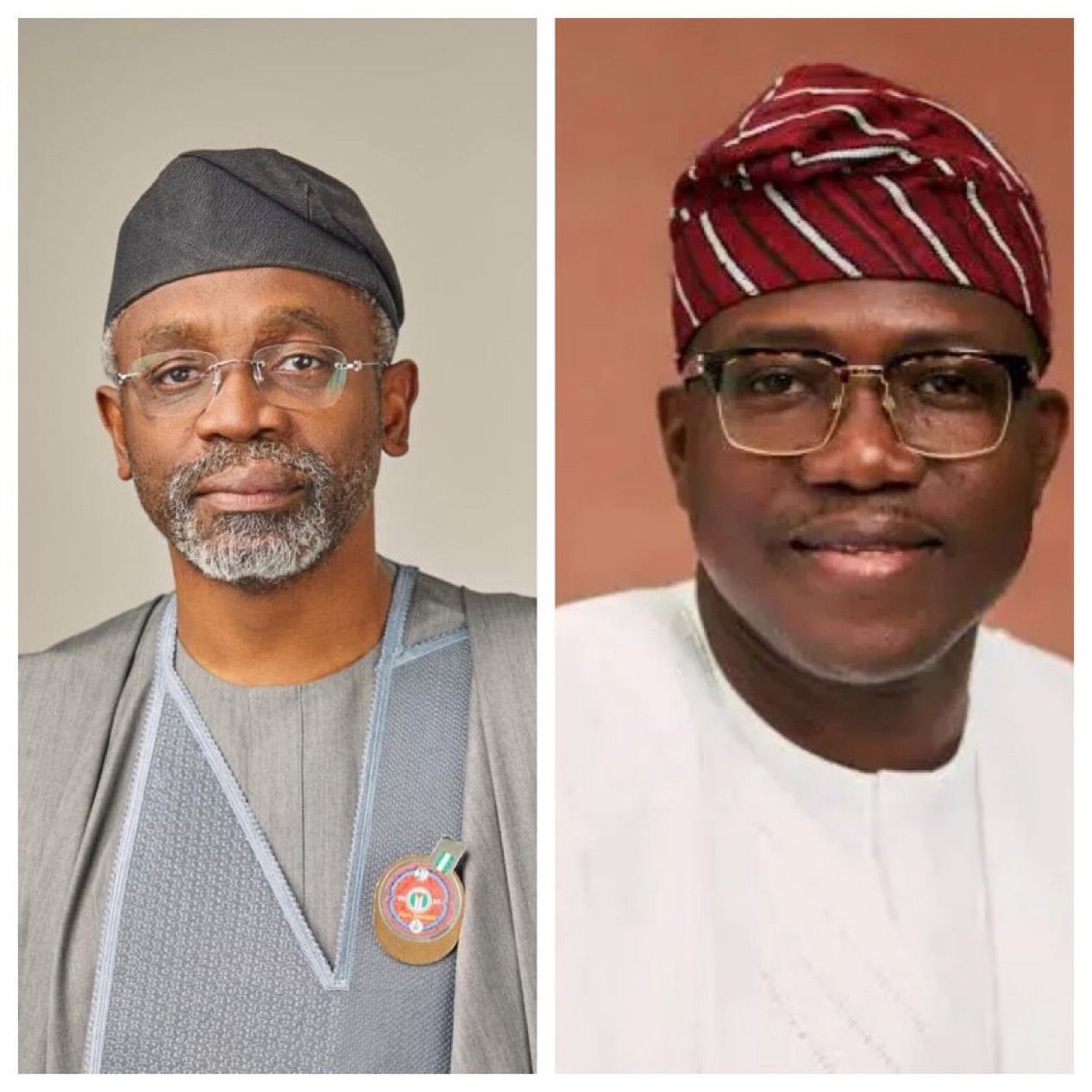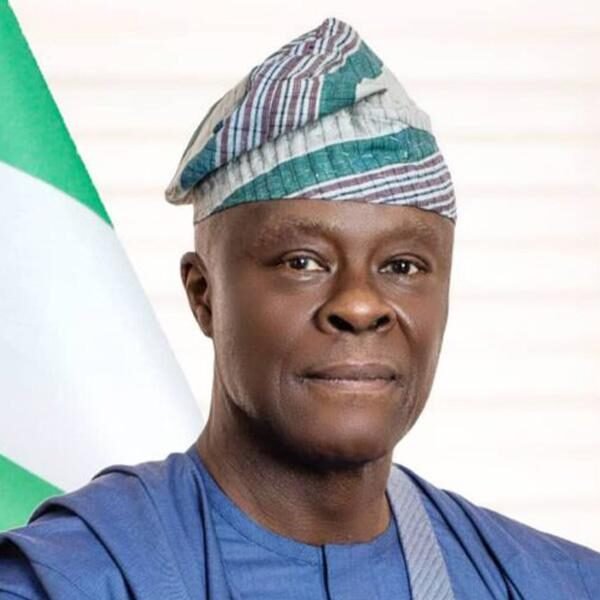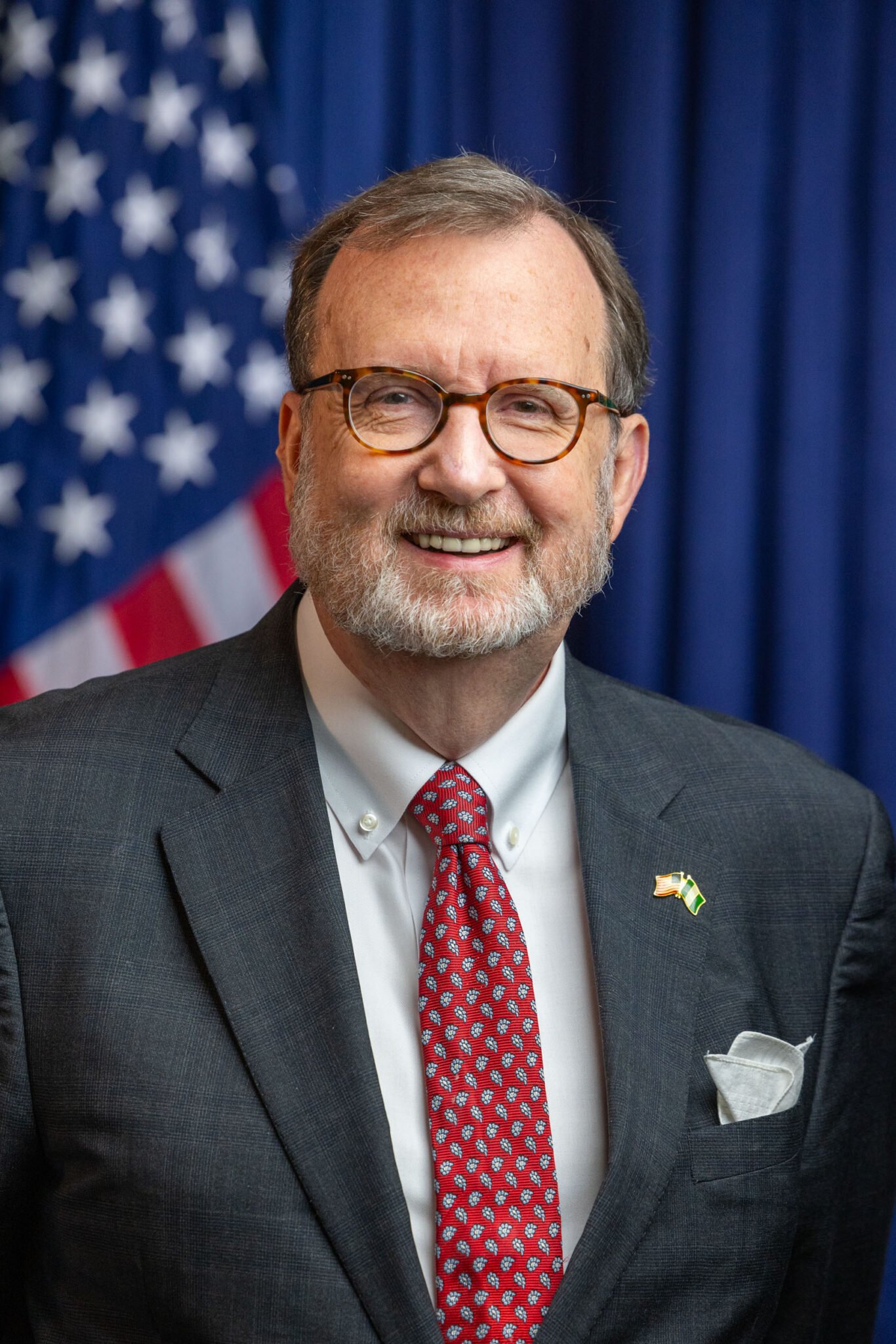Nigeria’s anti-graft agency is warning government procurement officers not to exploit newly approved procurement limits, saying the reforms must be used to strengthen transparency rather than create fresh loopholes.
The Economic and Financial Crimes Commission (EFCC) issued the caution during a sensitisation programme in Abuja, stressing that the expanded thresholds across Ministries, Departments and Agencies (MDAs) come with added responsibility.
EFCC Chairman Ola Olukoyede, represented by the Commission’s Public Affairs Director CE Wilson Uwujaren, said the revised procurement limits, approved by President Bola Tinubu in May 2025, give MDAs broader authority to award low-value contracts. He explained that this increased discretion requires strict discipline to prevent procurement fraud across public institutions.
Reforms Welcome, But Abuse Will Not Be Tolerated
Olukoyede said the new rules are expected to streamline government processes but must not become tools for officials seeking personal gain. “MDAs now have greater authority and opportunities to award low-level contracts, which is commendable. But let me sound a note of caution: this new procurement threshold calls for responsible and accountable conduct,” he said.
He warned that contract-awarding officers must view the reforms as a chance to improve efficiency, not enrich themselves. “The contract-awarding authorities should not see the review as an opportunity for personal financial gains but as a privilege to streamline and sanitise procurement processes of the government,” he added.
EFCC Steps Up Monitoring Through FRAC Department
The EFCC noted that its Fraud Risk Assessment and Control (FRAC) Department is tracking compliance as MDAs adjust to the new guidelines. Olukoyede urged officers to fully understand the updated procedures, saying oversight mechanisms will be strict as government adopts new procurement benchmarks.
“Ignorance is not an excuse in law,” he warned, adding that he remains confident that the Bureau of Public Procurement (BPP) will enforce the rules effectively. His remarks come as Nigeria faces increased scrutiny over public spending amid inflation and currency depreciation.
Auditor-General, BPP Stress Need for Integrity and Value for Money
The Auditor-General of the Federation, Shaakaa Chira, said the revised thresholds are timely given rising costs and evolving budget conditions. He explained that the higher limits could reduce bottlenecks and quicken project delivery, provided public officers uphold ethical standards.
BPP Director-General Adeboyale Adedokun echoed this, urging procurement officers to protect public funds and embrace integrity. He said it should be “an honour to say no to wrong processes” and insisted that contract prices must reflect real market value to prevent waste.
Strengthening Systems Through Collaboration
Adedokun also announced that the BPP is developing a platform that will help MDAs share best practices and identify challenges in real time. Representatives from the Code of Conduct Bureau (CCB), ICPC and the Office of the Accountant-General also supported the call for stronger procurement ethics and compliance.
They emphasised structured processes, proper design documentation and a culture of accountability as key to building a procurement system that delivers value for citizens.
























